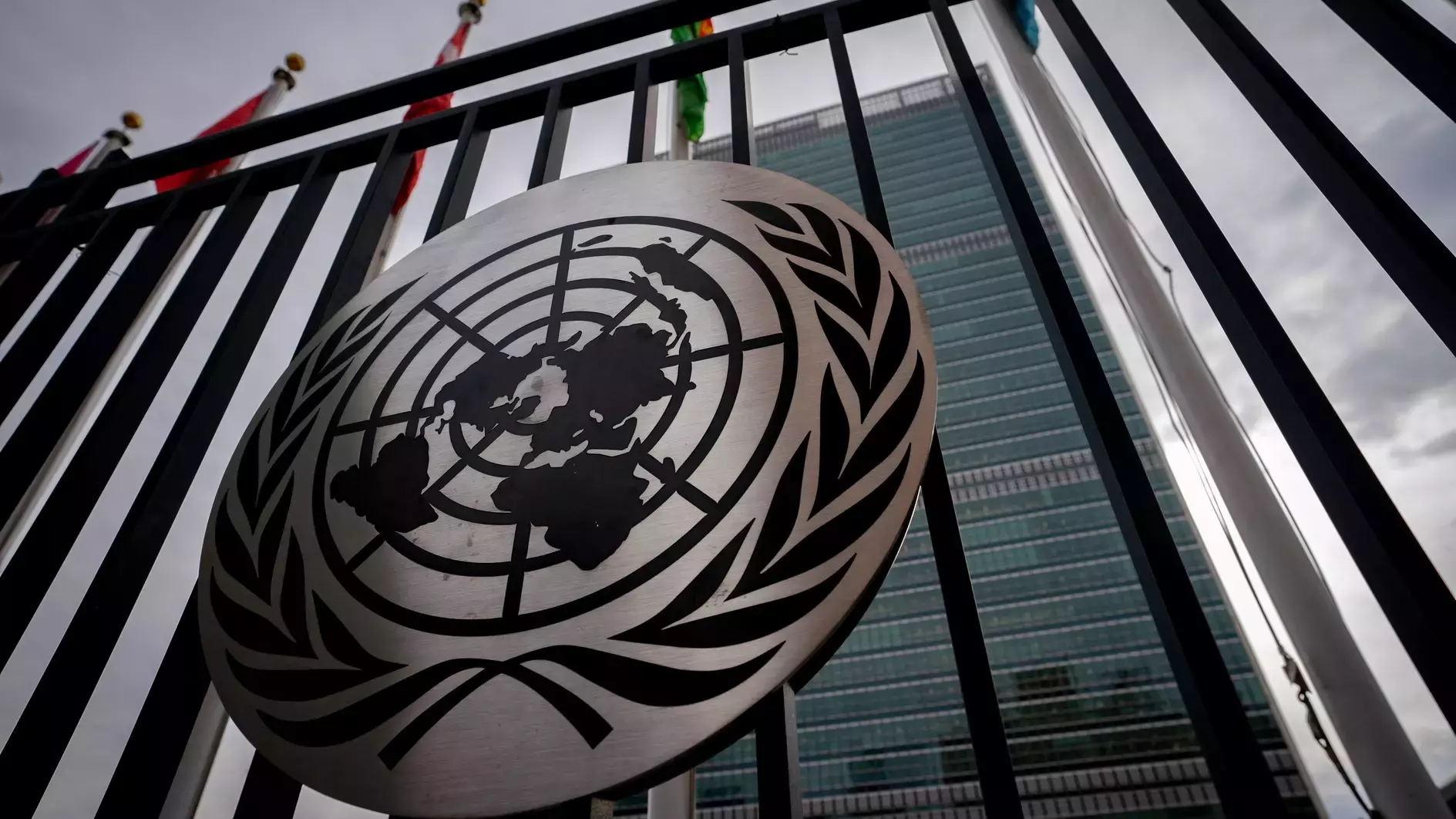On Thursday, the UN General Assembly will consider a resolution outlining the advantages and disadvantages of artificial intelligence, a potentially game-changing technology, and it will also urge for the creation of global standards.
Several nations have co-sponsored the document, which emphasises the need for regulations “to promote safe, secure and trustworthy artificial intelligence systems” but leaves out military AI.
Generally, the resolution emphasises the technology’s advantages and asks for more caution “to bridge the digital divides between and within countries, including artificial intelligence.”
The United States presented the draft resolution, the first on the subject, and it will be put before the assembly for adoption on Thursday.
In order to fulfil the UN’s Sustainable Development Goals, which aim to guarantee a brighter future for humanity by 2030, it also aims “to promote, not hinder, digital transformation and equitable access” to AI.
“As AI technologies rapidly develop, there is urgent need and unique opportunities for member states to meet this critical moment with collective action,” US Ambassador to the UN Linda Thomas-Greenfield said, reading a joint statement by the dozens of co-sponsor countries.
According to Richard Gowan, an analyst at the International Crisis Group, “the emphasis on development is a deliberate effort by the US to win goodwill among poorer nations.”
“It is easier to talk about how AI can help developing countries progress rather than tackle security and safety topics head-on as a first initiative,” he said.
‘Male-dominated algorithms’
The draft language acknowledges that artificial intelligence (AI) has a risk of undermining human rights, promoting prejudice, and jeopardising the protection of personal data, and it also highlights the challenges posed by the technology when exploited maliciously.
Therefore, it requests that parties involved and member states “to refrain from or cease the use of artificial intelligence systems that pose undue risks to the enjoyment of human rights or that are impossible to operate in compliance with international human rights law.”
There are more and more warnings concerning the technology, especially regarding generative AI tools and the dangers they bring to society and democracy, especially when it comes to spreading fake statements and visuals intended to sway elections.
Regulation of AI has been a top concern for UN Secretary-General Antonio Guterres, who has called for the establishment of a UN body based after existing UN agencies like the International Atomic Energy Agency (IAEA).
He has frequently drawn attention to the dangers of misinformation, and this week he issued a warning about bias in technology created primarily by men, which can lead to algorithms that disregard the demands and rights of women.
“Male-dominated algorithms could literally program inequalities into activities from urban planning to credit ratings to medical imaging for years to come,” he said.
Gowan of the International Crisis Group stated that he was “stepping in to shape the debate” because he didn’t “think the US wants Guterres leading this conversation, because it is so sensitive.”
The US, China, and South Korea are in a competition to be the leading nations on this subject among other UN members.
President Joe Biden insisted that AI technology be regulated, and the White House released regulations in October to make sure the US leads the world in this area.











